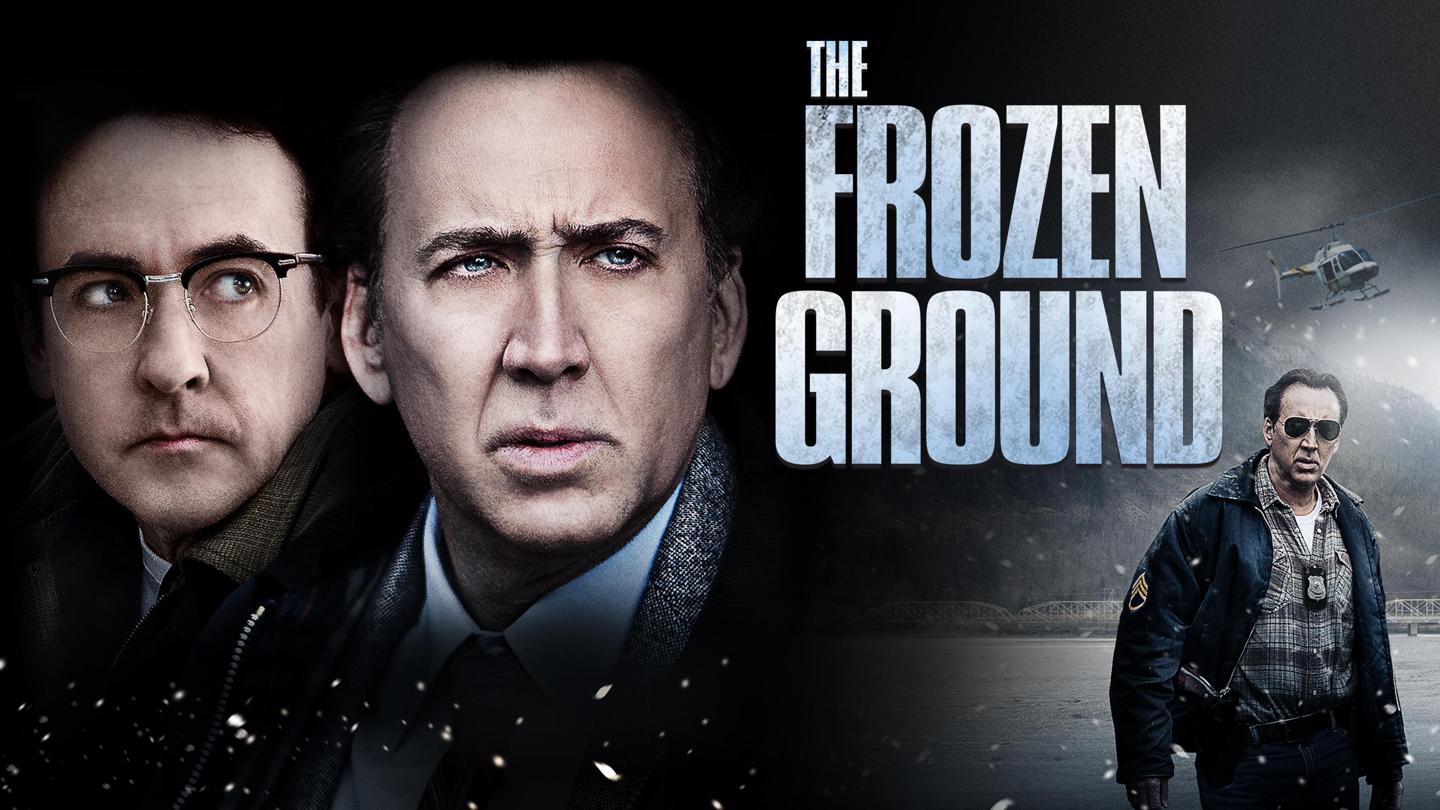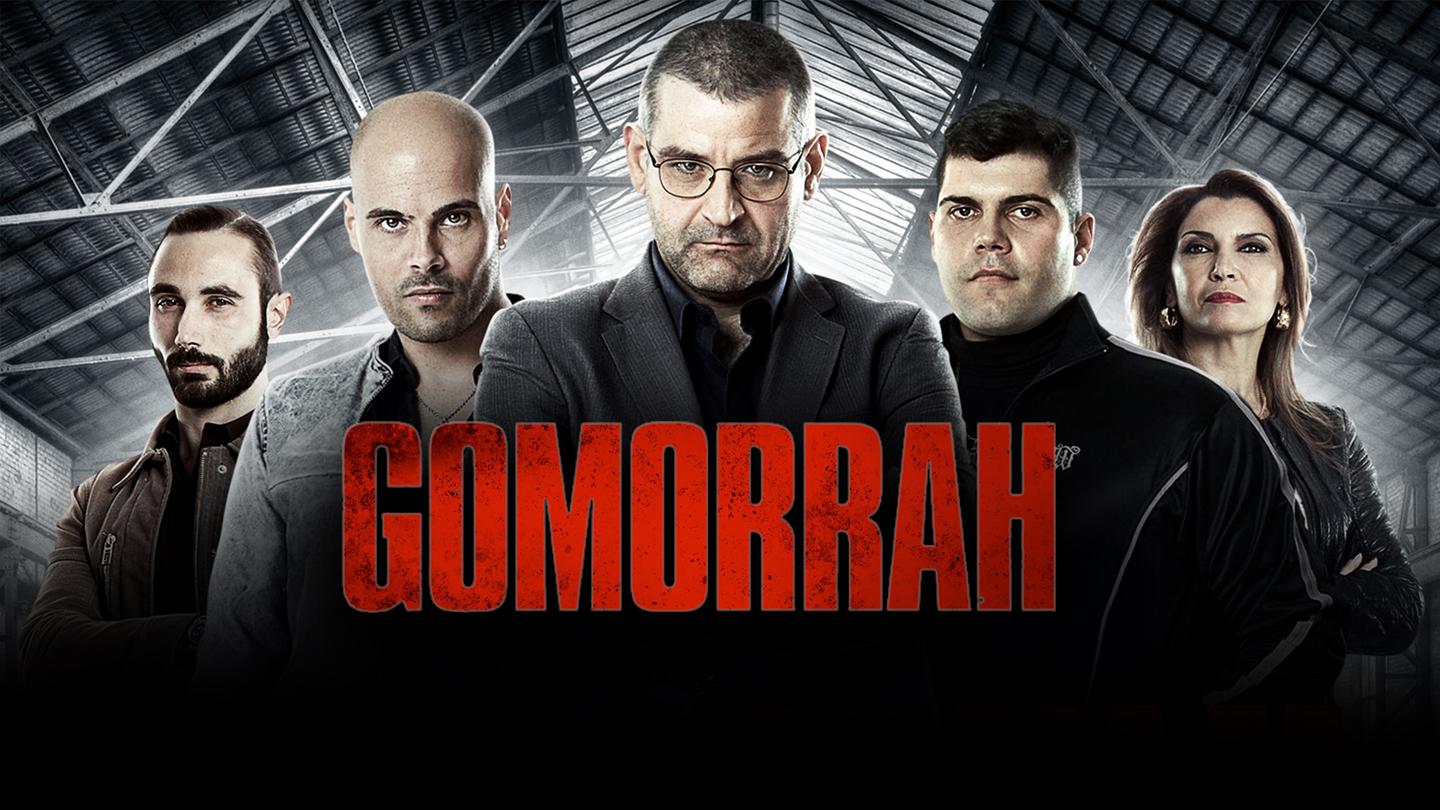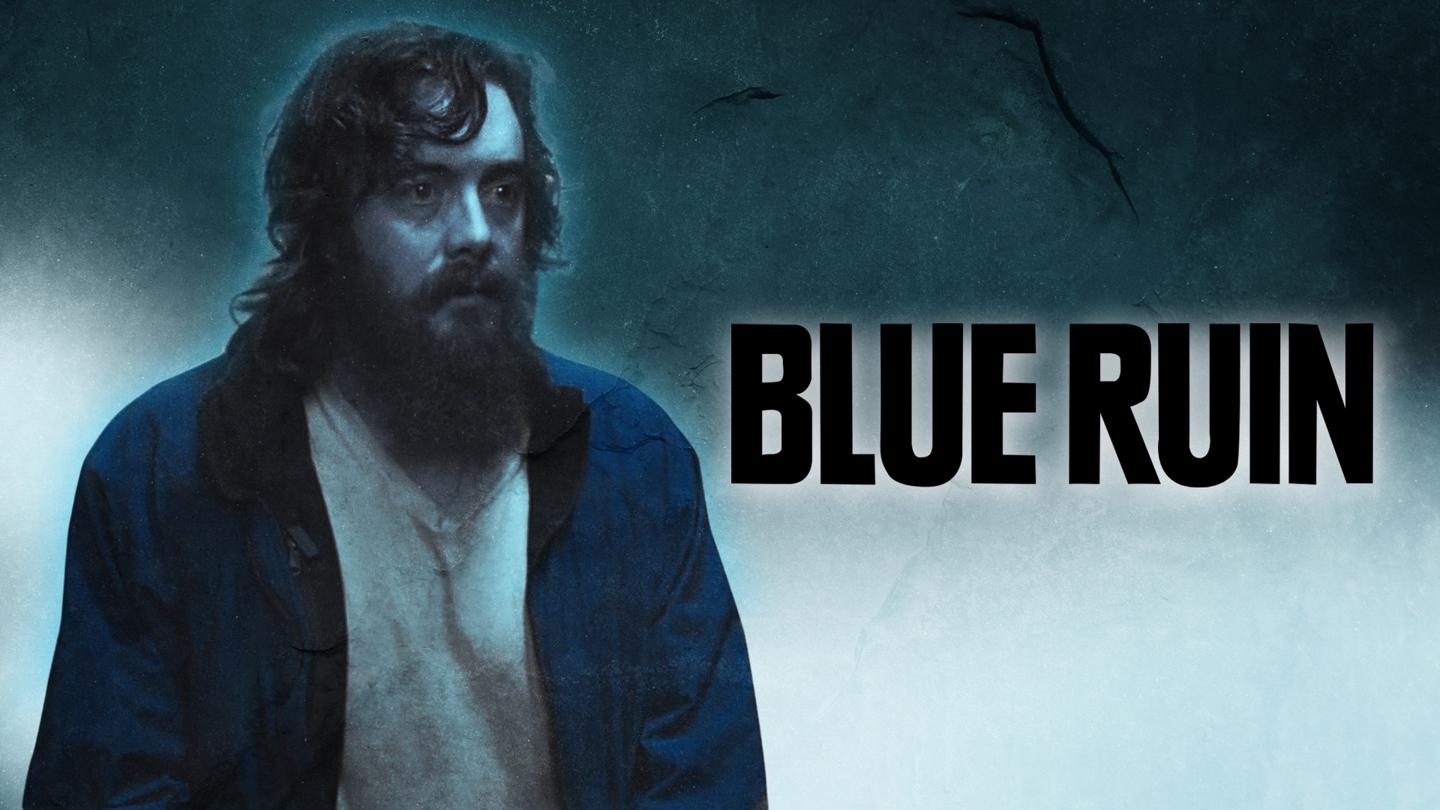The Friends of Eddie Coyle

Quick Info
I finally sat down to rewatch The Friends of Eddie Coyle, which I always think of as the crime film for people who are sick of crime films. Even though it was released in 1973, about a decade outside the window you asked for, it really embodies what cops and robbers stories tried to become in the last forty years — slow-burn, anxious, and world-weary. (If that’s a dealbreaker, feel free to throw something at me, but I promise it holds up and keeps cropping up as a reference-point for modern crime flicks.) At barely 100 minutes, it’s an unflashy Boston underworld shuffle, more about resignation than excitement. Robert Mitchum plays Coyle, a weary small-timer with heavy jowls and heavier problems.
The first thing you’ll notice is its sense of place. Every parking lot, factory breakroom, and fading Irish bar feels soaked in the kind of authentic, blue-collar malaise that makes you want to reach for both a cold beer and an escape route. There’s nothing showy about how Peter Yates shoots Boston—he just lets the peeling paint and traffic noise speak for themselves. This is miles away from the glamorous grit you get in later Scorsese or the locked-tight compositions of someone like Michael Mann. Here, you feel like you’ve truly wandered into these characters’ stomping grounds, whether you’re ready for them or not.
Mitchum’s performance is what really holds the movie together. He gives Coyle a defeated, almost dog-like quality without making him pathetic. It’s the small stuff: his tired posture, the way he shrugs his coat a little higher against the cold, or the half-sincere chuckle he gives when someone asks about his “friends.” You’re never rooting for him in the classic anti-hero sense — he’s not clever enough for that — but you do want to see how long he can keep treading water before he finally gets pulled under.
This isn’t a film that worries about big action set pieces. The two armored car robberies that happen around the story are as tense as you’d expect, but they’re shot with clinical detachment. There’s no pumped-up music telling you how to feel, no slow-motion heroics. The movie gets its tension from the spaces between the crimes — the uneasy deals brokered in donut shops, the wordless glances across bar tables, and all the men with tired eyes figuring out how to survive until next week without betraying the wrong guy.
If there’s a complaint to be made, it’s that the film is almost too low-key for its own good. There are stretches where not much happens, just small talk and silent worry, and if you aren’t already in the mood for slow-boiled suspense, it will probably test your patience. Some of the supporting actors, too, are more functional than memorable. Richard Jordan’s cop is a bit bland, even if that fits the script’s sense of procedural exhaustion.
But the minimalism does pay off emotionally. There’s a grinding inevitability to the way Eddie’s choices box him in, and it all lands without melodrama. The story doesn’t pity him or anyone else stuck in this grimy ecosystem. It’s honest: sometimes, no matter which side of the law you’re on, the house always wins. You can see the tiny betrayals coming way ahead, but watching how they play out — as undramatic as a handshake — is where the sticky sadness sits.
Peter Yates really delivers by refusing to make any of these crooks seem cool or tragic. The supporting cast, especially Steven Keats as the tense gun-runner Jackie Brown (way before Tarantino borrowed the name), are all perfectly short on charisma. Everyone is lonely, scrabbling, and haunted by the feeling that their best shot was years ago. The whole film smells like spilled beer and old newspapers, and I mean that as a compliment.
I wish I could say The Friends of Eddie Coyle set the world on fire when it came out, but it’s mostly become a touchstone for people who want their crime stories to feel lived-in, bitter, and honest. Its influence is everywhere, from The Town and Mystic River to the more dour seasons of The Wire. I’ve grown to really admire its smallness — the way it makes big questions feel like tired sighs, not shouts. It’s not perfect, but it’s lived-in as hell.
The R8 Take
If you’re tired of slick heist movies and want something closer to a slow, sad blues song than a rock anthem, this one’s for you. You’ll walk away quiet, a little heavy, but oddly grateful for something so real.
---



